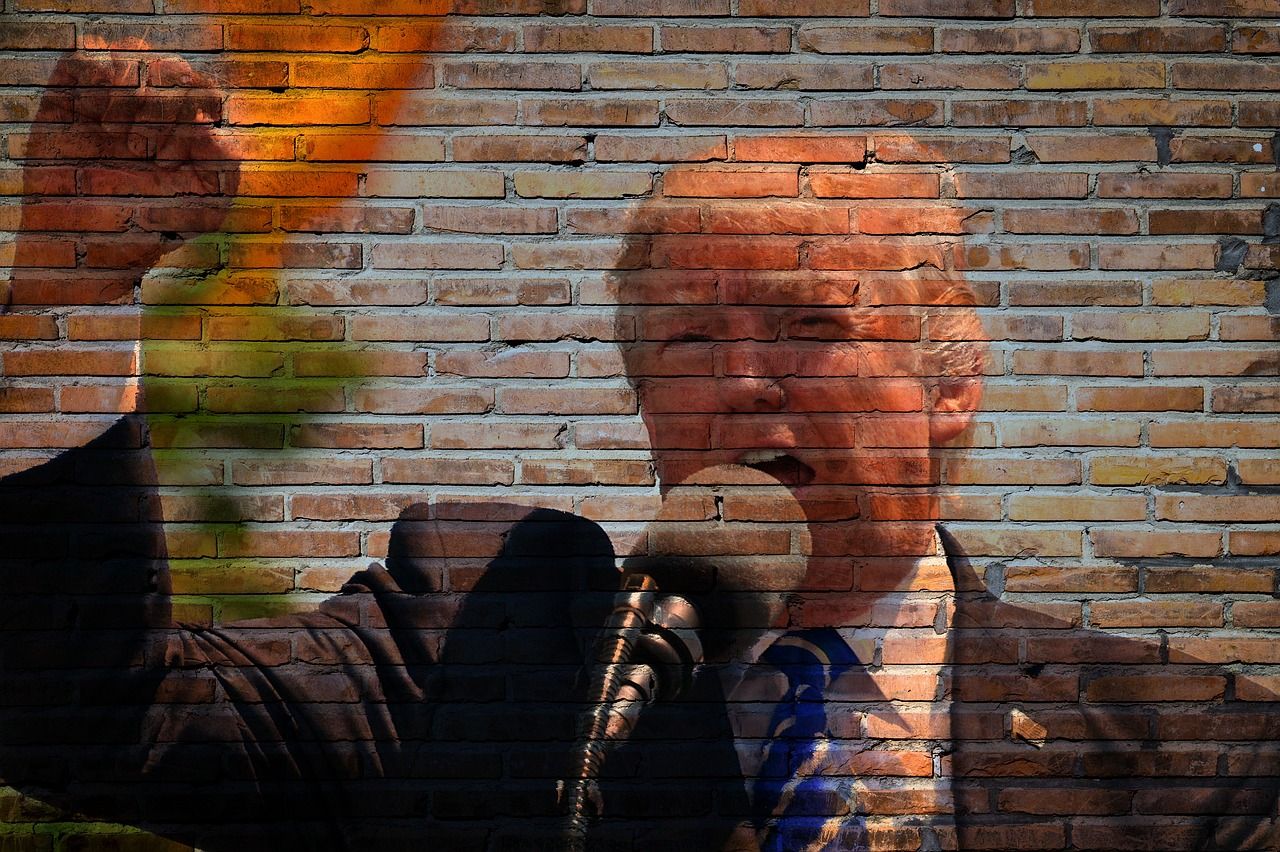TikTok influencers Florin Vitan (L) and Alessia Lanza perform a video for the social network TikTok … [+]
For years, the relationship between brands and creators has been rife with power struggles, with brands typically wielding enormous power over creators. In 2019, Taylor Swift penned a fuming Tumblr essay where she called out her record label for selling the rights to her music to another record label owner without giving her a say in the transaction—or the chance to own her own music. Brands have frequently taken advantage of creators and limited the ownership rights they have over their content.
But times are changing with Web3—the next iteration of the internet that is characterized by decentralized apps and blockchain technology. As a decentralized web, Web3, provides a more direct link between creators and their fans. This means that individuals own and govern parts of the internet and consumers no longer need to access the internet through intermediary behemoths like Google and Facebook. Because creators can issue their own social tokens to build and reward their audience, they can gain control and decision-making rights that have been traditionally held by brands.
If brands are going to succeed, they’ll need to prioritize their relationships with creators more than they have in the past. Brands need to recognize the importance of their relationships with content creators and acknowledge that they need to invest much more effort into forging strong relationships with creators than they have in the past.
Creators gain power
In the past, creators have been at the mercy of media giants, often having little power to negotiate terms or own their content. Even the large media giants that have outwardly expressed a desire to put creators first, don’t always walk the talk. Consider personal finance influencer and TikToker, Preston Seo. As Business Insider has reported, despite having 2.1 million followers, Seo earned just $1,664 from TikTok’s Creator Fund from January 2021 to May 2021.
With Web3’s decentralized web, creators can exert power over platforms in new ways. Creators can now sell their work directly to their fans and audience members with much more ease and autonomy. Thanks to blockchain technology, creators can sell their creations, merchandise, and other products and experiences. Artists, for example, can bypass record labels who rob them of fair payment and, instead, sell directly to consumers and retain more royalties.
With brands no longer in the power seat, they’ll need to win back the trust and appetite of creators. Creators have more power than ever before when working with brands and can negotiate terms with more autonomy and leverage.
Developing more fluid employment relationships
In part because of these new power dynamics, Web3 is changing the employment relationship between brands and creatives to become more fluid and flexible. No longer being tethered to specific platforms or specific brands, creators have more power to work with multiple brands on multiple projects. Many are beginning to shift more towards a mindset of thinking in terms of individual projects, without needing to be tethered to a brand.
This new flexibility means that creators are empowered to act more like entrepreneurs, and this further changes the power dynamics. Christian Catalini, the founder of…
Read More: www.forbes.com









 Bitcoin
Bitcoin  Ethereum
Ethereum  XRP
XRP  Tether
Tether  Solana
Solana  Dogecoin
Dogecoin  USDC
USDC  Cardano
Cardano  Lido Staked Ether
Lido Staked Ether  TRON
TRON  Chainlink
Chainlink  Avalanche
Avalanche  Wrapped stETH
Wrapped stETH  Wrapped Bitcoin
Wrapped Bitcoin  Sui
Sui  Toncoin
Toncoin  Stellar
Stellar  Hedera
Hedera  Shiba Inu
Shiba Inu  WETH
WETH  Polkadot
Polkadot  LEO Token
LEO Token  Litecoin
Litecoin  Bitcoin Cash
Bitcoin Cash  Bitget Token
Bitget Token  Hyperliquid
Hyperliquid  Uniswap
Uniswap  Official Trump
Official Trump  USDS
USDS  Wrapped eETH
Wrapped eETH  Pepe
Pepe  NEAR Protocol
NEAR Protocol  Ethena USDe
Ethena USDe  Aave
Aave  Aptos
Aptos  Internet Computer
Internet Computer  Monero
Monero  WhiteBIT Coin
WhiteBIT Coin  Ethereum Classic
Ethereum Classic  Ondo
Ondo  Cronos
Cronos  POL (ex-MATIC)
POL (ex-MATIC)  Mantle
Mantle  Render
Render  Dai
Dai  MANTRA
MANTRA  Algorand
Algorand